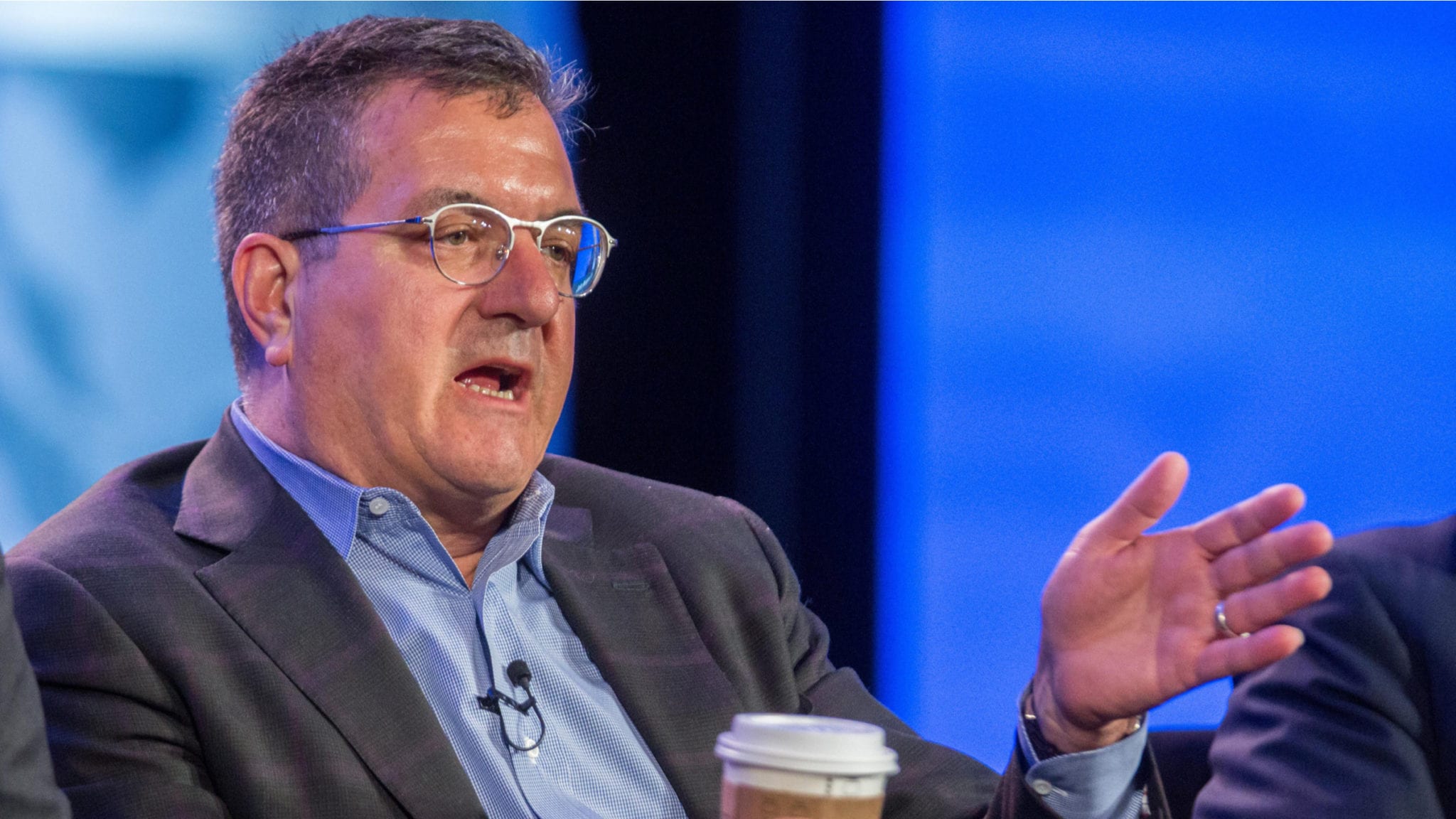
John Maraganore, Alnylam CEO (Scott Eisen/Bloomberg via Getty Images)
'I want to be a granddad': Why John Maraganore left and where he (and Alnylam) are going
John Maraganore knew that people would be surprised when Alnylam announced his departure this morning after 19 years as CEO of the company. But …
Sign up to read this article for free.
Get free access to a limited number of articles, plus choose newsletters to get straight to your inbox.